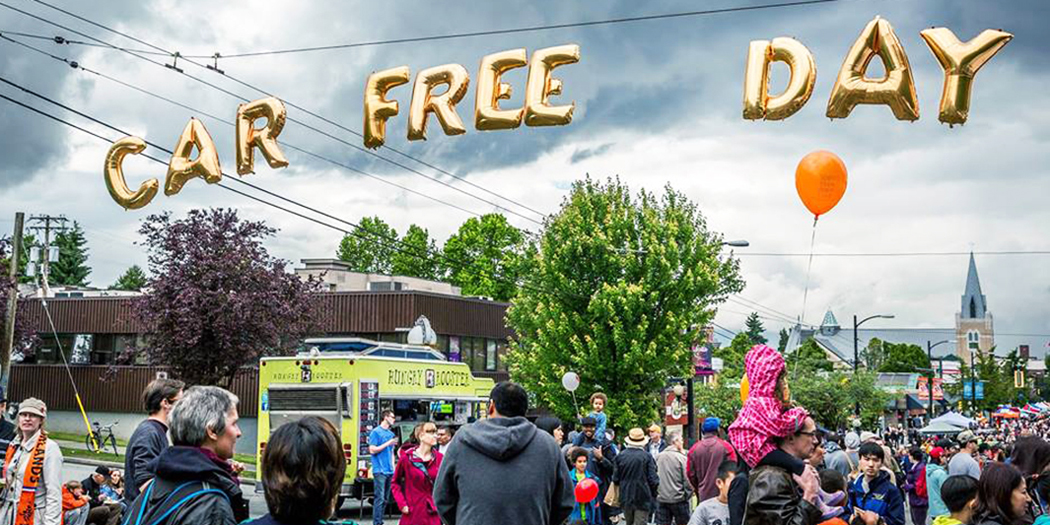The European Mobility Week 2018 celebrates its seventeenth edition from 16 to 22 September, with the purpose of making cities more habitable and respectful of the environment by promoting forms of transport which reduce pollution and recovering streets for citizens.
European Mobility Week 2018 is being held for the seventeenth time from 16 to 22 September. Once again, it is stated that the aim of this annual event is to make cities more habitable and respectful of the environment, and that the main means for doing so are promoting forms of transport which reduce air and noise pollution in the environment and recovering streets for citizens.
This year’s slogan, “Mix and Move!”—especially addressed to users of motor vehicles, expresses the need to explore different ways and means of introducing sustainable transport for everyday mobility. Moving around the city in public transport, by bicycle, or on foot can be equally as efficient and certainly healthier than using one’s car.
Many activities for consciousness-raising among citizens by means of symposiums and debates, as well as events in the areas of entertainment, sports and art are being held this week the length and breadth of Europe. More than 2,500 cities are taking part in the project, from the Swedish city of Umea which, from 19 to 22 September, hosts the Civitas Forum 2018 through to Vienna, Igoumenitsa and Turda, winners of the 2017 European Mobility Week prizes.
One of the related activities is Park(ing) Day which is to be held on 21 September in several cities around the world. This event, which has been organised since 2005 with the aim of calling attention to the need to improve urban space, invites citizens to transform a public parking area into a temporary small square or garden to be managed by its creators who will also interact with members of the public. This experimental public space, used for artistic expression and as a meeting place, invites reflection on the uses we make of our cities and the need to recover the streets as leisure spaces for citizens.

Along similar lines, World Car-Free Day is to be held on 22 September. Around the world, many different programmes comprising this educational project in the field of civic and environmental education aim to make citizens aware of the need to reduce traffic by demonstrating the advantages for citizens in general of restricting the use of private cars in order to gain quality of life in the urban habitat. Following this link you can consult information about the many cities which have managed to reduce car access to certain urban zones and even the whole city.
As organisers of the European prize for Urban Public Space, we would like to draw attention to two of many examples of good practice in mobility management. The City of Copenhagen received a Special Recognition of the 2016 Prize for its public policies favouring pedestrians and cyclists and, accordingly, constituting a reconquest of public space which was once invaded by private vehicles. The other outstanding project, which received a “Special Mention” in 2018 award of the Prize, is the “Superblock” . This is a pilot project in the Barcelona neighbourhood of Poblenou, devised with the aim of gaining public space formerly used by private vehicles, and offering it to be used for public transport, and by cyclists and pedestrians.
Although their scales are very different, both projects have received awards for their work in promoting sustainable mobility and fostering a model of the city focused on people and the environment.


